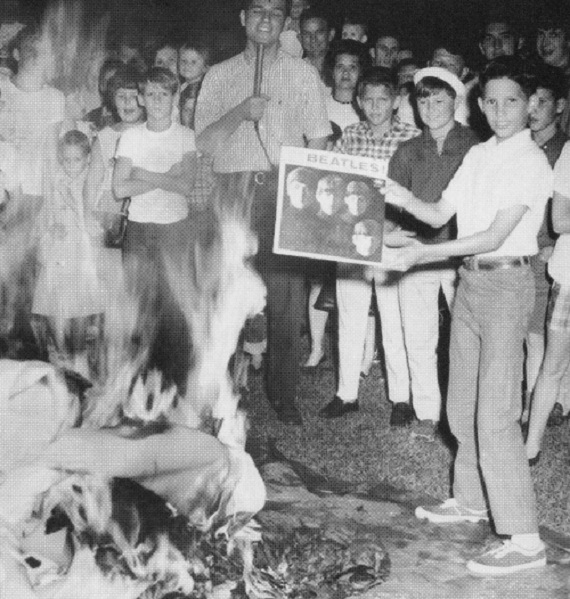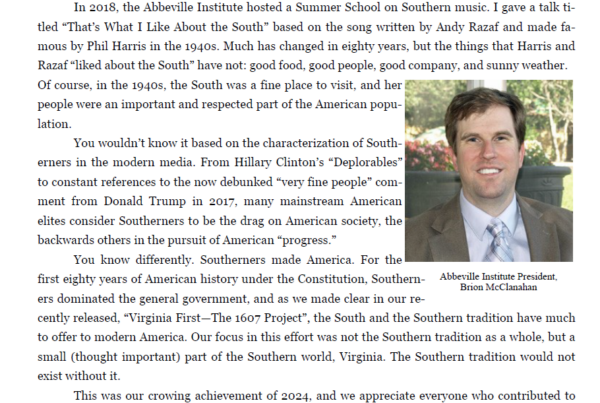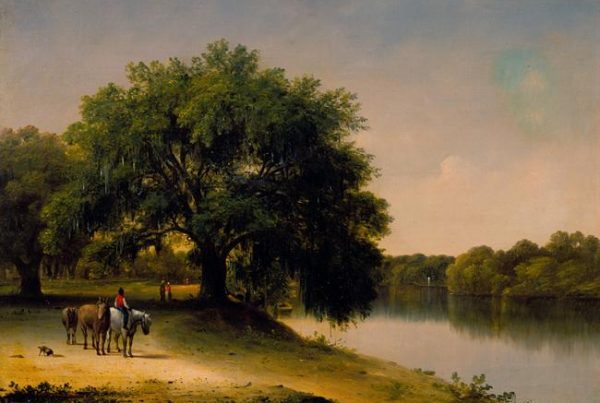On April 4, 1964, The Beatles achieved American chart success that will almost certainly never be duplicated. Only 15 artists have ever held on to the #1 and #2 spots in the Billboard Hot 100 at the same time, but that week, The Beatles topped everybody by holding on to #1, #2, and #3 all at the same time. But actually, they didn’t stop there. In that fateful April 4 Hot 100, they were holding on to #1 (Can’t Buy Me Love), #2 (Twist and Shout), #3 (She Loves You), #4 (I Want to Hold Your Hand), AND #5 (Please Please Me), in addition to seven other songs scattered about the charts, giving them 12 total songs in the same Hot 100. If you hated The Beatles, it was really a bad time for you, because they were everywhere. They conquered American radio, American television, the American box office, and American concert venues. They created the concept of the stadium mega-concert, with the first one being held at Shea Stadium in August, 1965 for 55,000 screaming fans. It seemed that The Beatles had conquered everywhere and everything in the United States … except for sweet home Alabama.
As co-owners of several radio stations in the South (Montgomery, Birmingham, Jacksonville, and Chattanooga), brothers Cyril and Dan Brennan were interested in bringing The Beatles through their listening areas on their various concert tours. The first true concert tour for The Beatles in America took place in the late-summer and early-fall of 1964, and there was a major problem with the promotional aspects of the bookings for that tour. It seemed that The Beatles management refused to book The Beatles to play any concert venue that couldn’t guarantee non-segregated seating. The Brennan Brothers, who owned WBAM in Montgomery, came within an eyelash of booking The Beatles to play in Garrett Coliseum in Montgomery, but the best they could do was promise that THEY wouldn’t do anything to segregate the venue seating. Many Southern states still had old Jim Crow laws on the books that lawfully prevented segregated seating at public gatherings, and even though the Civil Rights Act was signed into law in July of 1964, it came too late to finalize the booking. Therefore, The Beatles passed on what would have been a concert in Alabama. In fact, the only concerts they gave anywhere in the Deep South that year was in New Orleans, Dallas, and at the Gator Bowl in Jacksonville (sponsored by the Brennan brothers). Oddly enough, Hurricane Dora hit Jacksonville (the first hurricane to ever do so) the day before The Beatles concert was scheduled. The Brennan Brothers’ Jacksonville station, WAPE (The Big Ape), lost power and could not effectively promote the concert, while their rival stations in the area kept broadcasting (spitefully and incorrectly) that the concert had been canceled. The night The Beatles took the stage at The Gator Bowl in Jacksonville, the steady winds were still blowing at 45 miles per hour, and Ringo’s drum platform had to be nailed down to the stage. The other Beatles were forced to lean forward at a severe angle to prevent being blown off the stage. All in all, due to storm displacement and negative publicity, only about two-thirds of the ticket-holders actually showed up for the Jacksonville performance. And they thought THAT was a storm…
The next year was the summer of 1965, and The Beatles returned to the United States for another tour. However, local promoters failed again to bring them to Alabama, and the only concert stops for The Beatles in the Deep South that year was in Atlanta and Houston. In 1965, while the rest of America struggled with the suffocating and engulfing nature of The British Invasion on the radio, the South managed to hold on to Southern artists as chart-toppers in regional markets supported by independent and locally-owned radio stations. Nationwide radio rankings typically revealed that nine out of ten Top 10 hits during several weeks of 1965 were held by British Invasion acts. However, down here, we were still devoting significant airtime to our own fellow Southerners, such as The Righteous Brothers, Aretha Franklin, James Brown, Otis Redding, The Swingin’ Medallions, Johnny Rivers, Billy Joe Royal, Bobbie Gentry, The Tams, The Gants, and Roy Orbison in spite of the influence of The Beatles. And speaking of Roy Orbison, I’ll never forget the Yankee who lived in our neighborhood trying to learn to pronounce “PURR-ty WOE-mun,” and “MER-say.” It was priceless.
By late 1966, the explosive nature of Civil Rights in the South receded back down a good bit, and things looked promising for The Beatles to finally play a concert in Alabama for their summer of ’66 tour. At least until John Lennon opened his big fat mouth.
It was trendy in England at that time to knock organized religion, and John Lennon jumped on the bandwagon in an interview with London’s Maureen Cleave when he stated that “…right now, The Beatles are more popular than Jesus.” It was intended as a light-hearted jab at the dwindling popularity of organized religion in England, and if you add the word “even” right before the “The Beatles,” you can kind of get an idea for what Lennon was going for. In England, they got the joke, and nobody seemed offended when the interview was printed and released. In the United States? Different story.
When the article was released in America, the immediate howls of outrage became deafening, and nowhere more so than the Bible Belt of the Deep South. Although all of us in my family were huge Beatles fans at the time, Lennon’s quote split the family right down the middle. My brother and I remained Beatles fans, but my parents and my two sisters were very upset about it. For as long as he lived, I don’t think my father ever forgave John Lennon for the quote, and although he respected my individuality enough to allow me to continue on as a Beatles fan, he always made it clear to me exactly how he felt. When Birmingham got involved, my sisters took it a step further.
As the ferocity barreled across the South, a radio personality on WAQY in Birmingham named Tommy Charles took charge. He organized a coalition of outraged stations across Alabama that refused to play any more Beatles music due to Lennon’s quote. His goal was to completely remove The Beatles from the airwaves in Alabama, and although it didn’t ultimately succeed, it did generate a lot of nationwide publicity. Tommy Charles called his campaign “Ban The Beatles,” and he encouraged listeners to send all of their Beatle albums and paraphernalia to Birmingham to be destroyed. One of my sisters, bless her heart, rounded up everything we had in the house with “Beatles” on it and sent it off to Birmingham. I watched Beatle albums, lunchboxes, dolls, songbooks, etc. packed up and sent away.
Most of that entire concert tour was a disaster from start to finish due to the firestorm of negative publicity. Lennon tried to manufacture an apology for American audiences, but his heart clearly wasn’t in it, and that only made it worse. Although The Beatles only played one concert in the South during that tour (Memphis), fans boycotted them across the country wherever they played. By the time they got to the last concert stop in San Francisco’s Candlestick Park in August, they called it quits. Permanently. After that tour, The Beatles never took the stage again anywhere.







